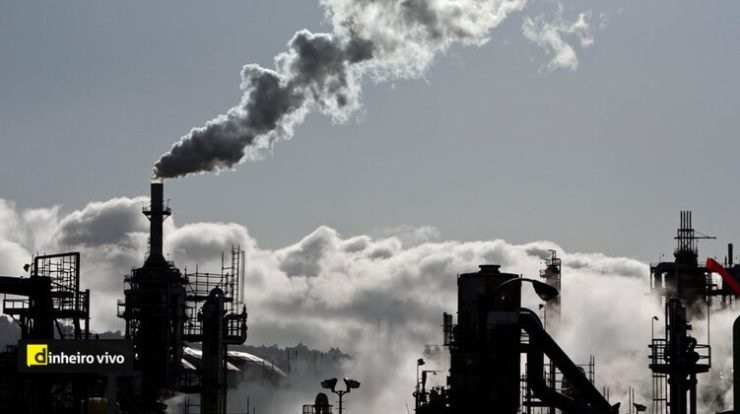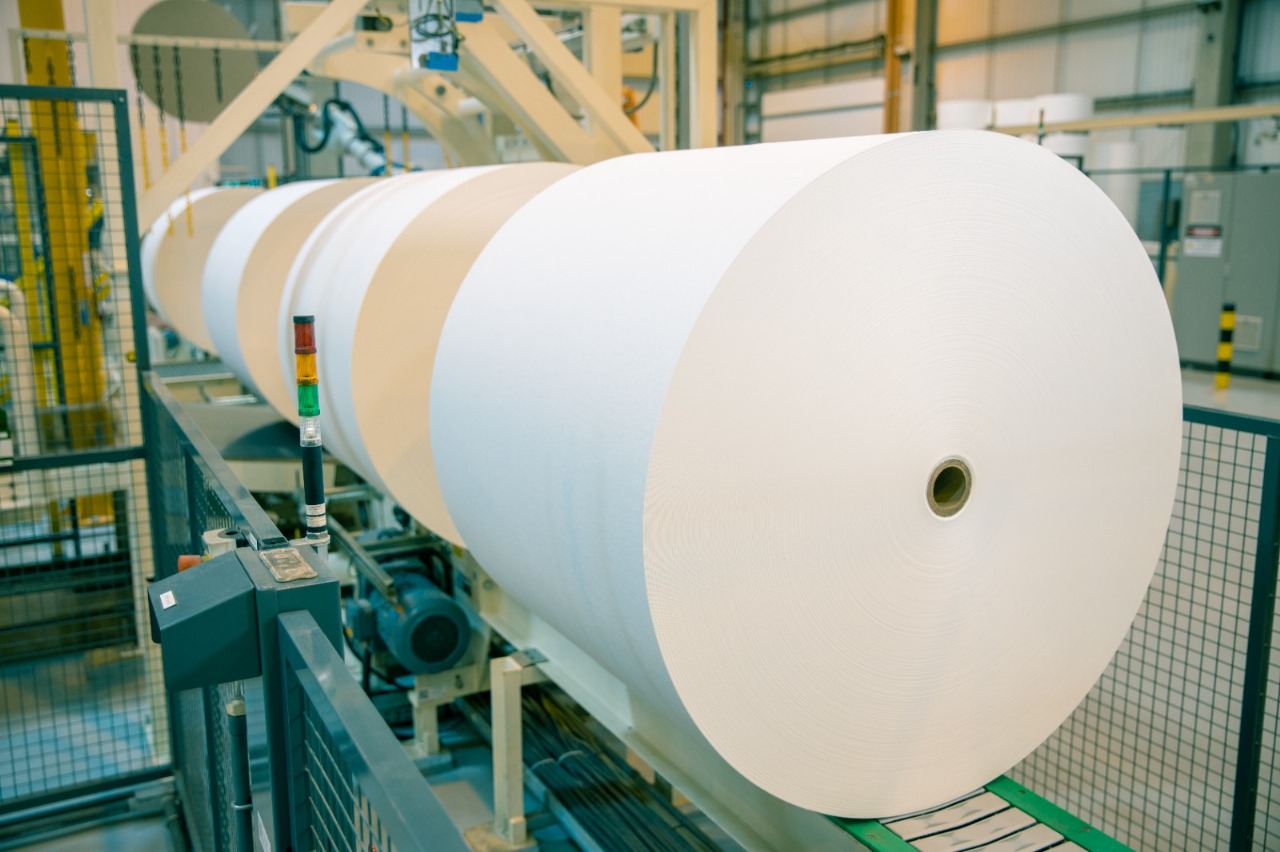
Hydrogen could contribute more than 20% to global decarbonization by 2050, according to a study by McKinsey and the Hydrogen Council.
“Hydrogen could provide the lowest-cost decarbonization solution for more than one-fifth of final energy demand by 2050,” states the study released today by the Hydrogen Council and McKinsey.
According to the consultant’s study, hydrogen may be the “least-cost solution to more than one-fifth of final energy demand by mid-century – contributing to a cumulative reduction of 80 gigatons of carbon dioxide.” [dióxido de carbono]”.
“By 2030, it will translate into an annual reduction in carbon dioxide emissions equivalent to the total volume of carbon dioxide emitted by the UK, France and Belgium combined,” the document highlights.
Subscribe to our newsletter
“Achieving this step will require a significant increase in hydrogen production, infrastructure and end uses,” says McKinsey’s partner in Spain, Bruno Esgalhado.
“Currently, the momentum of hydrogen is very strong. If we compare the production capacity estimates for 2030 that were made in the past three years – from 2019 to 2021 – it has more than tripled every year. At the same time, the size of mature projects – in other words, Projects that already have a technical solution or financing behind them – they already total more than 80 billion dollars (about 70.9 billion euros), ”the official adds.
McKinsey notes that hydrogen has “more than 520 major projects announced in 2021, a 100% increase over the previous year, with 150 projects added in just the last three months of this report, resulting in an investment of $160 billion.” (Approx. 142 billion euros).
However, these figures cover “only 25% of the $700 billion (€623 billion) needed to achieve the ‘carbon neutrality goals’, which would require ‘$300 billion (€267 billion)) for hydrogen production, 200 billion for infrastructure and 200 billion ( about 178 billion euros) for the end uses of hydrogen.”
To achieve this goal of a 20% global carbon reduction by 2050, “closer collaboration between the public and private sectors is needed to amplify investments, which must more than quadruple to put the world on a net zero path,” he says. Bruno Igalhado.
According to the McKinsey report, “Governments should encourage transition through hydrogen incentives, regulation and support mechanisms to overcome initial economic hurdles, and the private sector must be willing to invest to make change and take some risks, as well as establish standards and levels of ambition across sectors and regions.”
According to the consultant, “the initial growth in clean hydrogen use is likely to be concentrated in Europe, Japan and Korea,” which account for about 30% of new demand, followed by “China and North America, the hydrogen markets are currently much larger.”
The contribution to decarbonization will vary “according to the end-use segment,” which could cover areas such as industrial uses, land mobility, hydrogen-based fuels, steel and energy.

“Friendly zombie guru. Avid pop culture scholar. Freelance travel geek. Wannabe troublemaker. Coffee specialist.”





:strip_icc()/i.s3.glbimg.com/v1/AUTH_59edd422c0c84a879bd37670ae4f538a/internal_photos/bs/2023/z/8/QelSQBSuShaAH1mfbZXA/lampada-acesa.jpg)
